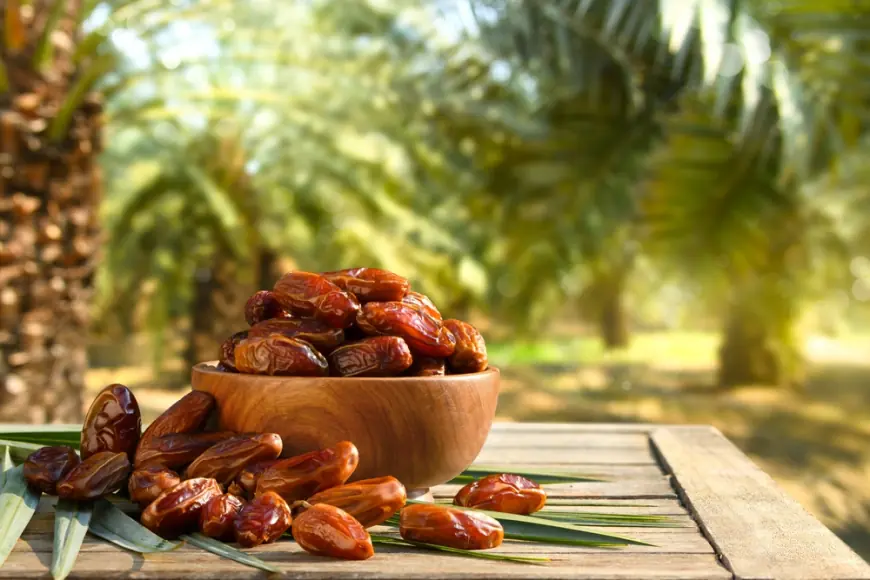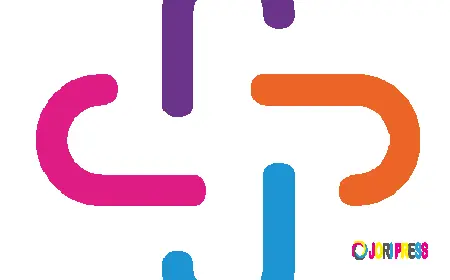The Role of Dates in Middle Eastern and South Asian Cuisine
Explore the role of dates in Middle Eastern and South Asian cuisine, including the popularity of dates in Karachi. Learn recipes, traditions, and health benefits.

Dates have been a part of human diets for thousands of years. They are more than just a sweet snack; they are deeply rooted in the food culture of many regions. Especially in Middle Eastern and South Asian countries, dates are not only valued for their taste but also for their spiritual and medicinal importance. Let’s explore the timeless role of dates in these vibrant cuisines and how people continue to enjoy them in modern times.
A Fruit of Ancient Traditions
Dates as a Cultural Symbol
Dates are one of the oldest cultivated fruits in the world. Historical records show their use in Mesopotamia, Egypt, and the Indus Valley. People in these regions considered dates a symbol of prosperity and health. They were often used as offerings in religious ceremonies and celebrations.
In Islamic tradition, dates hold a special place. Muslims often break their fast with dates during Ramadan, following the example of the Prophet Muhammad (PBUH). This tradition continues across the Muslim world, especially in the Middle East and South Asia.
Popularity of Dates in Karachi
Karachi, one of South Asia’s busiest cities, has a vibrant market for dates. Dates in Karachi are sold year-round, but demand peaks during Ramadan and Eid. You can find local and imported varieties in every market. Dates in Karachi are often used in desserts, smoothies, and savory dishes. People appreciate their energy-boosting qualities and use them in daily diets.
Varieties of Dates Used in Cooking
Different Dates for Different Dishes
The cuisine of both the Middle East and South Asia uses several types of dates. Each variety has its own flavor and texture, which makes it suitable for different recipes. For example, Medjool dates are large and soft, perfect for stuffing. Deglet Noor dates are firmer and used in cooking or baking.
In Karachi, dates from local farms in Sindh, especially from Khairpur, are quite popular. These dates in Karachi are fresh, sweet, and affordable. They are often added to rice dishes, stews, and sweetmeats.
Imported and Local Choices
While local dates are common in South Asian kitchens, imported dates are gaining popularity. Many households in Karachi buy premium dates from Saudi Arabia, Iran, and the UAE. These are used during special occasions or as gifts. The market for dates in Karachi continues to grow, with shops offering beautifully packed dates for weddings, Ramadan, and other festivals.
Dates in Middle Eastern Cuisine
Sweet and Savory Combinations
Middle Eastern cuisine features dates in a variety of ways. From mezze platters to desserts, dates are everywhere. One classic dish is stuffed dates. These are filled with nuts or cheese and served as appetizers. Another favorite is date ma’amoul, a cookie filled with date paste and flavored with cardamom or cinnamon.
Many meat dishes also include dates. For example, Moroccan tagines often have dates simmered with lamb, spices, and vegetables. The sweet dates balance the savory and spicy flavors beautifully.
Drinks and Sauces
In the Middle East, dates are also used in beverages. Date syrup, also known as "dibs", is a thick, sweet syrup made from dates. It’s used to sweeten milk, yogurt, and baked goods. You’ll also find date vinegar, which adds depth to stews and salads.
Dates in South Asian Cuisine
Traditional Sweets and Snacks
South Asian cooking uses dates mainly in sweets and drinks. Khajoor ka halwa is a rich dessert made with mashed dates, ghee, and nuts. It’s especially popular in homes across Karachi and other South Asian cities. Date and tamarind chutney is another favorite, served with snacks like samosas and pakoras.
In rural Sindh and Punjab, dates are mixed with wheat flour and butter to create date laddoos, which are small energy balls eaten during winter. These snacks are healthy, filling, and naturally sweet.
Dates in Karachi’s Street Food
The street food scene in Karachi also embraces dates. Vendors sell date milkshakes, date smoothies, and date-stuffed parathas. During Ramadan, many stalls offer date-filled pastries and dessert cups, making dates in Karachi a daily part of the city’s food culture.
Health Benefits That Enhance Their Role
A Natural Energy Booster
Dates are rich in natural sugars like glucose, fructose, and sucrose. This makes them a quick source of energy. That’s why people often eat them in the morning or before workouts. In South Asian homes, dates are added to children’s lunchboxes for an energy boost.
Karachi’s fitness community has also embraced dates. Gyms and health food cafes promote protein bars made with dates, nuts, and seeds. These bars are homemade or available at organic markets that sell premium dates in Karachi.
Aiding Digestion and Immunity
Dates are high in fiber, which aids digestion. They are also rich in minerals like potassium, magnesium, and iron. These nutrients help maintain heart health and improve immunity. Many traditional healers in South Asia recommend dates for recovering from illness or fatigue.
Mothers in Karachi often give their children a mix of dates and milk for breakfast. This combination is not just tasty but also strengthens the immune system.
Modern Twists on Classic Uses
Dates in Contemporary Recipes
Today, chefs are creating new recipes using dates. You’ll find date brownies, date energy balls, and date ice cream on menus in Karachi’s modern cafes. Home cooks also add chopped dates to oatmeal, salads, and yogurt bowls.
Dates in Karachi have become part of fusion cuisine as well. People use them in stuffed chicken, pasta sauces, and even pizzas for a sweet and savory twist.
Gift Boxes and Gourmet Treats
Another trend is the rise of gourmet date gift boxes. These boxes contain premium stuffed dates, often dipped in chocolate or filled with nuts. In Karachi, many local businesses sell these boxes online. They are popular during Ramadan, Eid, weddings, and corporate events.
Dates in Karachi are now part of lifestyle choices, with people opting for healthier, natural sweets. Their long history, combined with modern innovation, keeps dates at the heart of culinary traditions in this region.
Conclusion: A Timeless Ingredient in Evolving Kitchens
Dates continue to play a key role in both Middle Eastern and South Asian cuisine. From ancient rituals to modern kitchens, they remain a symbol of health, hospitality, and flavor. In cities like Karachi, dates are more than just a seasonal treat—they are a year-round delight that connects tradition with innovation.
Whether you are enjoying a warm khajoor ka halwa in Karachi or savoring a stuffed date in Dubai, this humble fruit offers a rich taste of heritage. As more people seek natural and nutritious foods, dates will remain a favorite for generations to come.
What's Your Reaction?
 Like
0
Like
0
 Dislike
0
Dislike
0
 Love
0
Love
0
 Funny
0
Funny
0
 Angry
0
Angry
0
 Sad
0
Sad
0
 Wow
0
Wow
0

















































